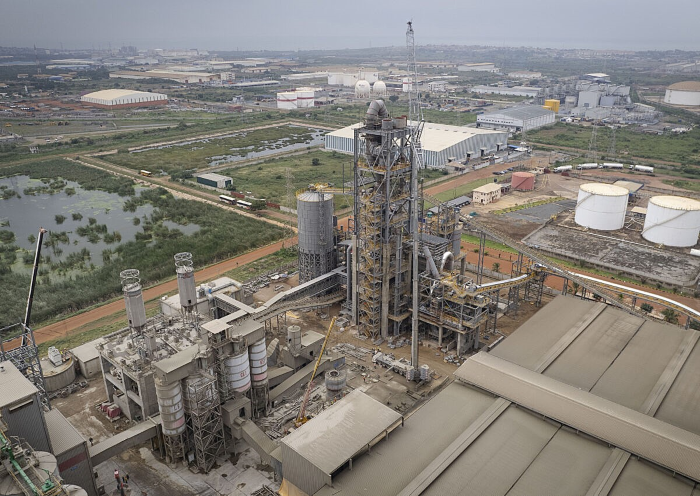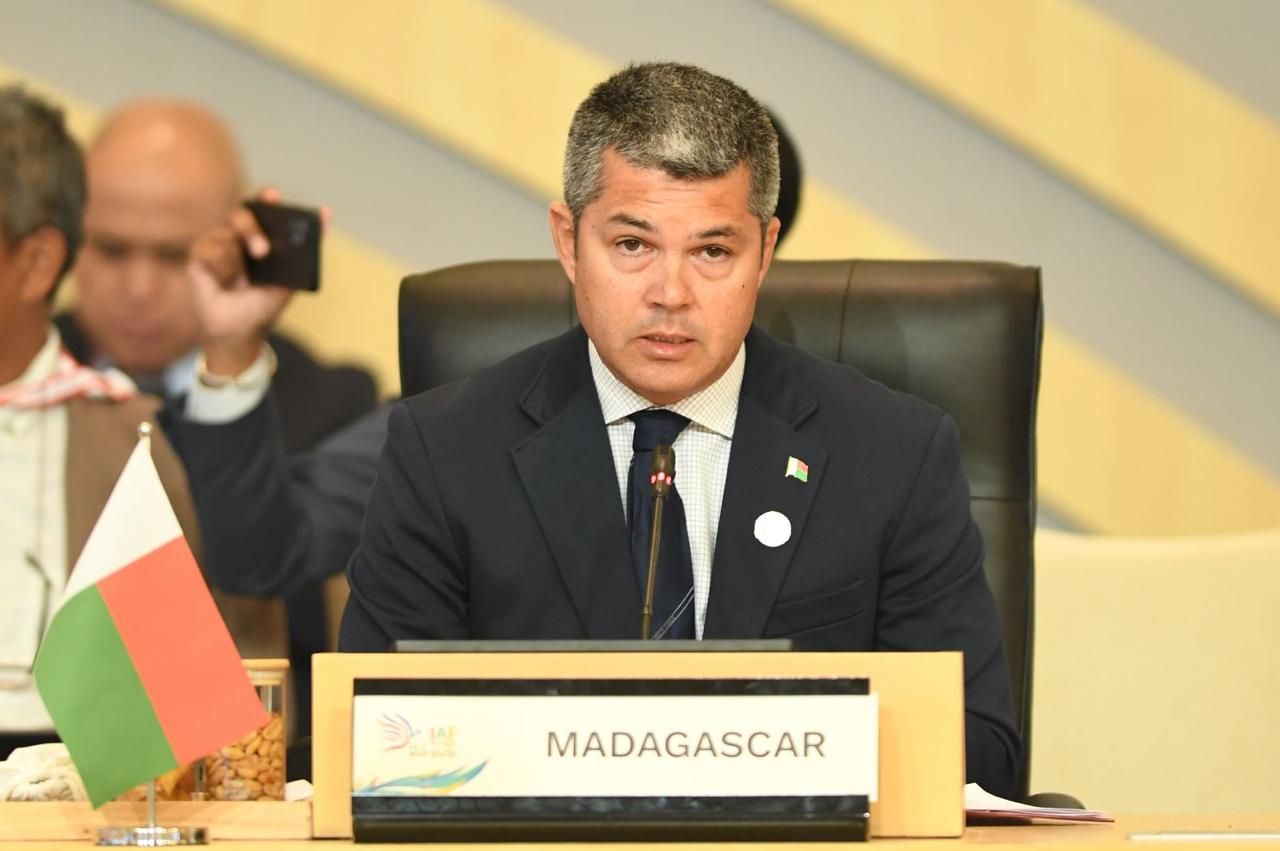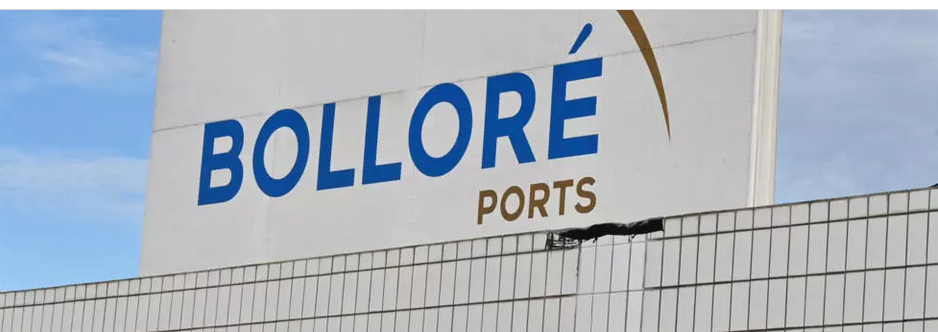Ghana’s local cement industry is under siege. Bagged cement imports from Togo have surged so sharply that domestic producers say their survival and competitiveness are at risk. The Chamber of Cement Manufacturers Ghana (COCMAG) has formally urged the Ministry of Trade, Agribusiness and Industry (MOTAI) to act fast.
Dr. George Dawson-Ahmoah, CEO of COCMAG, says the influx of foreign cement is happening largely unchecked. He alleges many of these imports are bypassing mandatory certification by the Ghana Standards Authority (GSA). That, he warns, raises serious safety implications for buildings and infrastructure across the country. On the economic front, he says that these shipments are distorting supply, suppressing prices, and undermining fair competition. Local manufacturers have committed large investments in production and job creation. He fears those gains could evaporate.
Market sources describe a Togo grinding plant operating since March 2022 with capacity of about 2.5 million tonnes. Cement from there is shipped in bulk or pre-bagged 50kg units to Ghana. In Tema, a distributor handles the import and repackaging steps. This model allows importers to offer prices undercutting those of local giants like GHACEM and Dangote. Builders welcome the lower cost, especially as cement prices soar under inflation. But trade experts say this arrangement depends on whether the imported cement meets quality and regulatory requirements.
Ghana has legal frameworks in place designed to protect domestic industry. The Export and Import (Restrictions on Importation of Portland Cement) Regulations, 2016 (L.I. 2240), ban unauthorised imports of finished cement without proper licensing and inspection. The Manufacture of Cement Regulations, 2023 (L.I. 2480), requires all cement manufacturing operations to obtain licences.
The GSA has in recent months ordered closures of several factories for using substandard materials such as quarry dust instead of limestone. Three firms — Kumasi Cement, Unicem, Safe Cement — have been shut down. Counterfeit rebagged cement has also drawn scrutiny.
Despite that regulatory push, imports from Togo have not been similarly scrutinised in the public record. There is no clear evidence whether those shipments comply with Ghana’s import licensing or inspection rules. That absence of transparency worries both industry observers and civil engineers.
Data shows trade with Togo is substantial. Imports in 2024 of cement clinker, cement clinkers and related materials formed part of a broader flow of construction-related inputs. Exports to Togo meanwhile lag behind. COCMAG emphasizes that Ghanaian cement faces significant barriers when entering neighboring markets — Togo, Côte d’Ivoire, and Nigeria — even under ECOWAS trade commitments. That, they say, creates an uneven playing field.
Local cement producers support the government’s industrialization agenda. Their concern now is that unchecked imports could reverse progress on jobs, capacity utilisation, investment and industry reliability. COCMAG is calling for stricter enforcement of existing laws, review of trade policy to protect local value addition, and perhaps even protective measures like tariffs or quotas.
For consumers, lower prices may seem like small relief. But safety, durability and long-term stability of supply matter just as much. Ghana must ensure regulatory compliance for all cement in circulation while preserving a fair market that rewards investment. Decision-makers now face a clear challenge: balance affordability with quality. If they fail, the foundations may crack.
Photo – The Worlds Largest Calcined Clay Plant Located in Tema.




